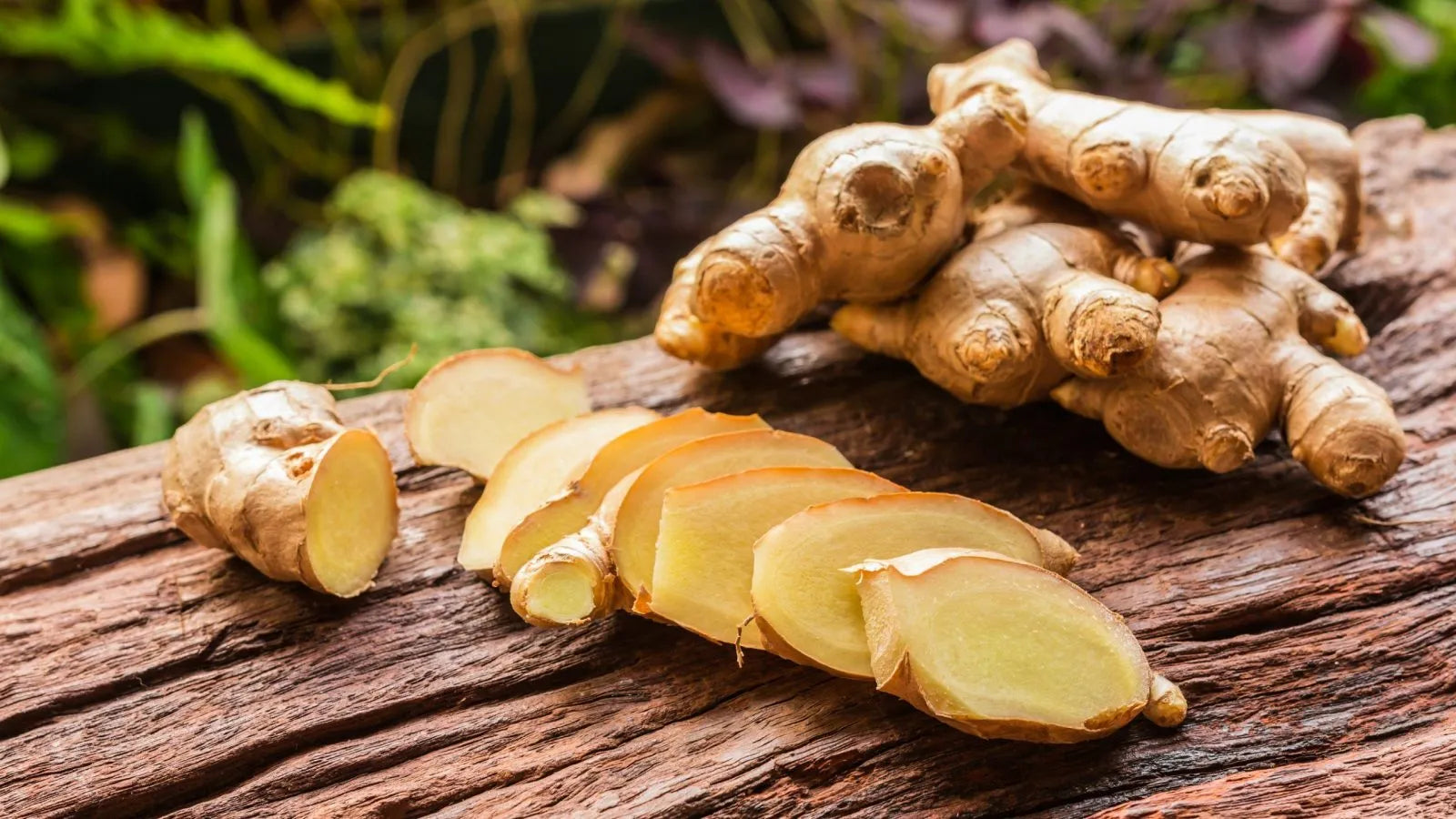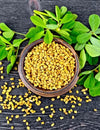
Amazing benefits of ginger
By Parmita Uniyal, New Delhi | Hindustan Times
Ginger has been used as a natural remedy for constipation for thousands of years. Chronic health problems that appear insignificant at the outset but become a gnawing problem with the passage of time steal peace of mind and affect quality of life in many ways. Constipation is one such problem that can drain energy and affect mental health. If laxative overuse is bothering you, ginger and hot water could be a natural way to regularize your bowel movements.
Why ginger could be your go-to remedy for constipation
In the face-paced lifestyle of today, quick solutions like laxatives are trusted by many, but as the time goes by and the body gets accustomed to them, they either stop working or cause side effects. Ginger has been used as a natural remedy for constipation for thousands of years. Ginger has active compounds that improve digestion, ease bowel movements and control inflammation.
"Ginger, a well-known spice with potent medicinal properties, offers potential as a natural and effective remedy for constipation. Its active compounds actively stimulate digestive processes, promoting bowel movement and relieving constipation. Adding to its benefits, ginger also boasts anti-inflammatory and antioxidant qualities contributing to overall gut health, facilitating regular bowel function," says Vaibhav Jain, Co-founder, Aayush Bharat.
There are several ways to incorporate ginger into your routine for constipation relief:
When it comes to constipation relief, Ayurveda suggests you to try dry ginger instead of its original form as it helps balance Vata and has an added advantage of even relieving bloating and gas.
As per Ayurveda expert Dr Rekha Radhamony, dried ginger has the property of 'snigdha' or non-drying and is good for long-term use, whereas fresh ginger has a rooksha (drying) nature and is not ideal for frequent use.
- Dry ginger water: Starting your day with a glass of dry ginger water can prove beneficial in managing constipation.
- Dry ginger powder: Consuming 2 grams of dry ginger powder with lukewarm water in the morning can also aid in easing constipation.
- Panchsam powder: The powder is a combination of pippali, ginger, nisoth, and black salt. A mixture of 1-3 grams of Panchsam powder with lukewarm water, taken twice daily, can help alleviate constipation.
By embracing these ginger-based solutions, you're adopting a gentle and natural approach to improving your bowel health and managing constipation effectively.
Ways to add ginger to your diet
According to various ancient Ayurvedic texts like Sanhita and Nighantu, ginger can be consumed in both dry (Shunthi) and wet (Adrak) forms. It's a common spice found in most households, making it easily accessible for usage.
"For constipation, ginger proves to be particularly effective. Taking around 2 grams of dry ginger powder with lukewarm water is recommended for adults. However, it's crucial to consult an expert to determine the appropriate dosage and consumption method," says Jain.
"In addition to its constipation-relieving properties, ginger offers many health benefits. It can be grated and added to warm water or herbal teas for a soothing digestive aid. Ginger can also be integrated into various culinary creations like stir-fries, curries, and salad dressings, enhancing both flavour and digestion. Alternatively, ginger supplements or products infused with ginger provide convenient options," adds the expert.
Dos and don'ts while adding ginger to your diet
DON'T take more than 6 gm of ginger on a daily basis as it can cause acidity, heartburn and diarrhoea.
DO: You can add ginger in your morning tea or smoothie to stimulate the digestion process.
DON'T take ginger if on blood thinners as it may increase risk of bleeding. Consult your doctor first.
DO take ginger with turmeric as the combination can help decrease pain and control inflammation.
Is ginger for everyone?
While ginger holds numerous health benefits, there are certain circumstances where caution is warranted. Pregnant women or those who are prone to acidity should consult an expert before introducing ginger to their diet.
"Pregnant women should exercise moderation, as excessive ginger consumption may affect pregnancy outcomes. Moreover, individuals with a Pitta prakriti or those prone to hyperacidity should consume ginger in moderation. Its warming properties can exacerbate hyperacidity in some cases. As with any dietary change, seeking personalized advice from a qualified healthcare provider is advised before incorporating ginger into your routine. This ensures that your unique health circumstances are considered, and you can enjoy ginger's benefits safely and effectively," says Jain.
Ginger facts: Did you know these amazing facts about ginger?
Where did the word ginger come from? Ginger’s generic name Zingiber comes from the Greek word zingiberis which in turn has its origin in Sanskrit name singabera.
Detox remedy: Ginger is a great cleanser and detox remedy as it may also reduce DNA damage from radiation and also offers protection from industrial pollutants.
Ginger is not a root: Many believe it is a root as it grows underground, but it is actually a rhizome.
Ginger is more than 5,000 years old: Ginger has been in existence since time immemorial. While its place of origin is still debated, India, China and other Southeastern countries swear by its medicinal and culinary uses.



